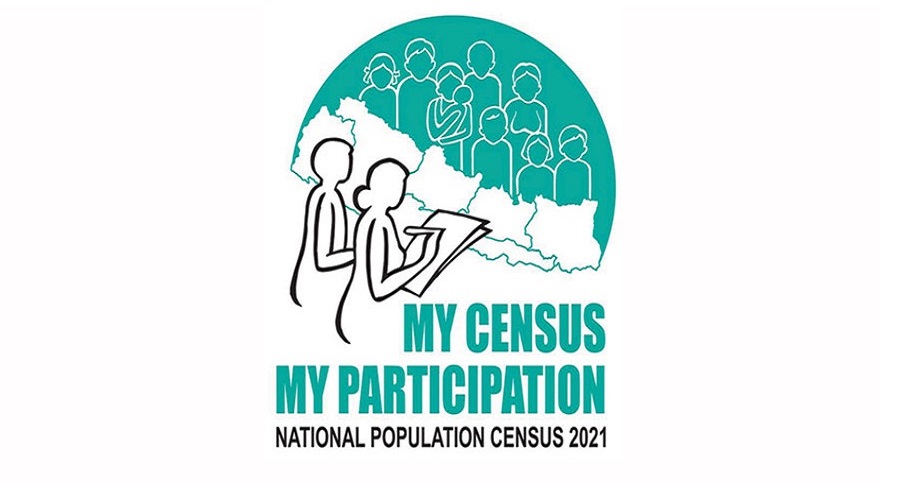KATHMANDU: The government has planned to conduct a national census and there are estimates that there are about seven million households in the country and the population is expected to be over 30 million.
The Central Bureau of Statistics (CBS) is making necessary preparations to conduct the census next year which will begin on June 8 and last till June 22.
According to Nabin Lal Shrestha, director general of CBS, the number of households in Nepal will reach seven million and the population will exceed 30 million. Based on the growth rate of the last National Census conducted in 2011, the current population is estimated at 3,142,266.
The government started preparations to conduct the census next year from the previous fiscal year 2019/20 and has a target to complete it in the current fiscal year 2020/21.
A total of 43,000 enumerators will be mobilized across the country to collect data for the census. Shrestha informed that 9,000 supervisory staffs are being deployed for necessary coordination.
Various committees will be formed from the center to the local level to facilitate and organize works related to the census. A steering committee, coordination committee, technical committee, thematic committee, provincial committee, local level committee and ward level facilitation committee will also be formed.
For the upcoming census, CBS has already conducted a pilot census of 10,000 households on June 15 as soon as the government eased the lockdown.
As per a statement issued by CBS regarding the census questionnaire, there will be basically three main categories of questionnaire for the census.
The first category of questionnaire is related to the number of houses including its usages, number of families, number of houses, accessibility of bank account and loan, etc. Details of this questionnaire will be collected by the supervisory staff through the House and Household Listing questionnaire.
The second category is related to family and personal details. The details of the second questionnaire will be collected by enumerators. This is the main questionnaire that will be asked to families. Answers to the first and second questionnaires will be taken by visiting each household.
The third questionnaire will be asked to the ward offices of the local community. The supervisory staff will be collecting the details of the community including its infrastructure, income source, capacity, etc, through community questionnaires.

